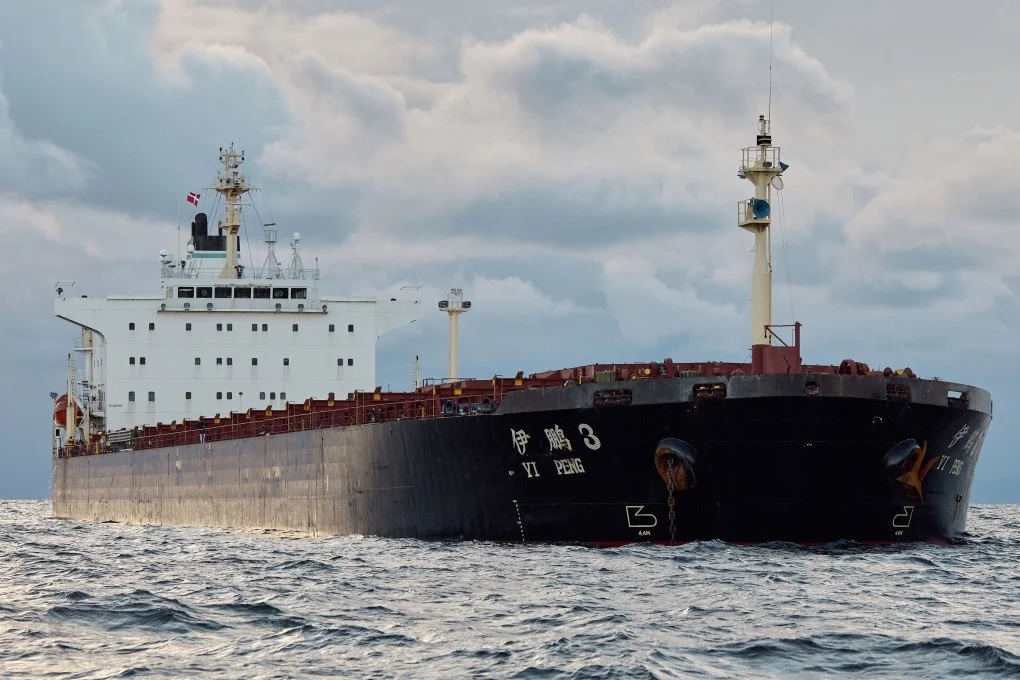Sweden alleges China's obstruction in investigating a Hong Kong-registered vessel linked to critical Baltic Sea cables' damage, raising global concerns about maritime transparency and accountability.

China’s Baltic Silence
Sweden’s recent accusation against China for allegedly obstructing an investigation into the damage of undersea cables in the Baltic Sea highlights a troubling trend in global maritime relations. The incident, involving a Hong Kong-registered ship, has brought renewed focus on the vulnerability of critical infrastructure and the importance of international cooperation to safeguard it.
The Baltic Sea, a vital economic and strategic corridor, relies heavily on its undersea cable network for communication and energy transmission. Any disruption not only affects regional stability but also has far-reaching implications for global security. By allegedly blocking Sweden's probe, China risks fueling suspicions of intentional interference, further straining its relations with Europe.
Transparency in maritime activities is essential to ensure accountability and trust among nations. While China’s growing maritime influence is undeniable, its actions, such as the alleged obstruction, create an impression of disregard for shared responsibilities. This perception could alienate key international partners and damage its global reputation.
Sweden’s call for cooperation is not just a bilateral issue but a global one. The international community must rally to establish clear norms for protecting and investigating maritime infrastructure. Ignoring this incident could set a dangerous precedent, enabling powerful nations to evade scrutiny.
China must address these allegations promptly and cooperate fully with Sweden’s investigation. Silence or resistance will only deepen mistrust and invite further criticism. The world is watching, and accountability must prevail to ensure the safety of shared resources.